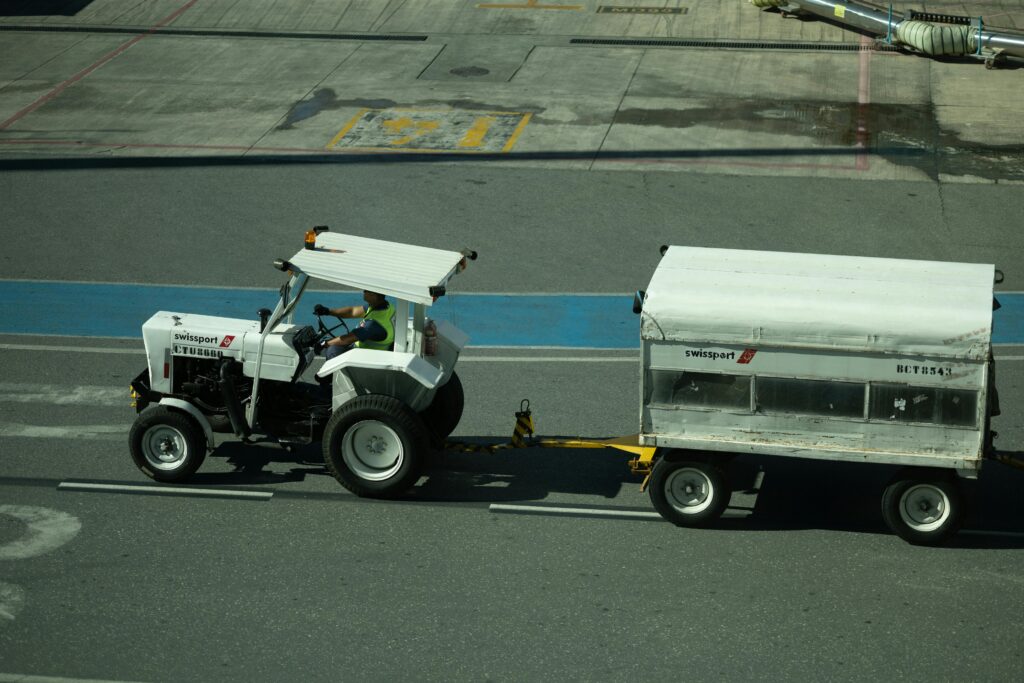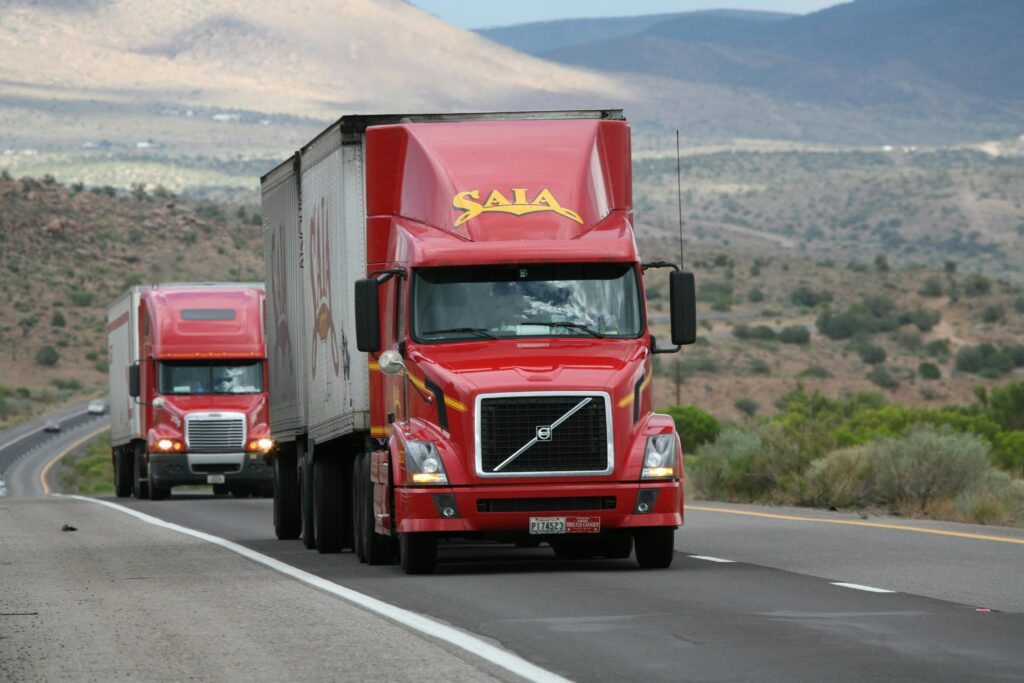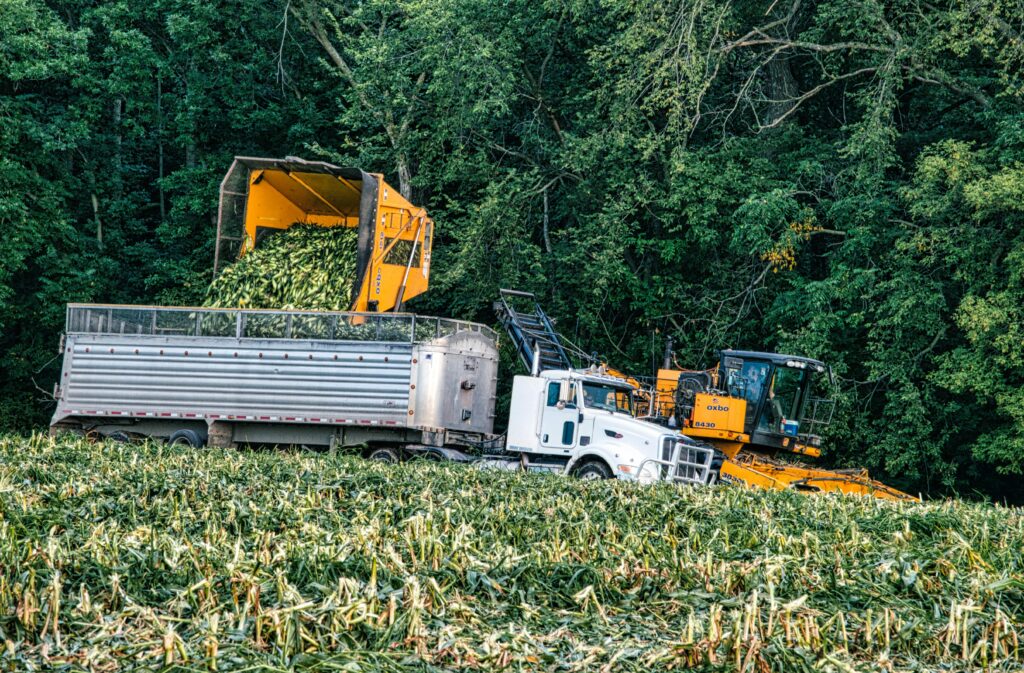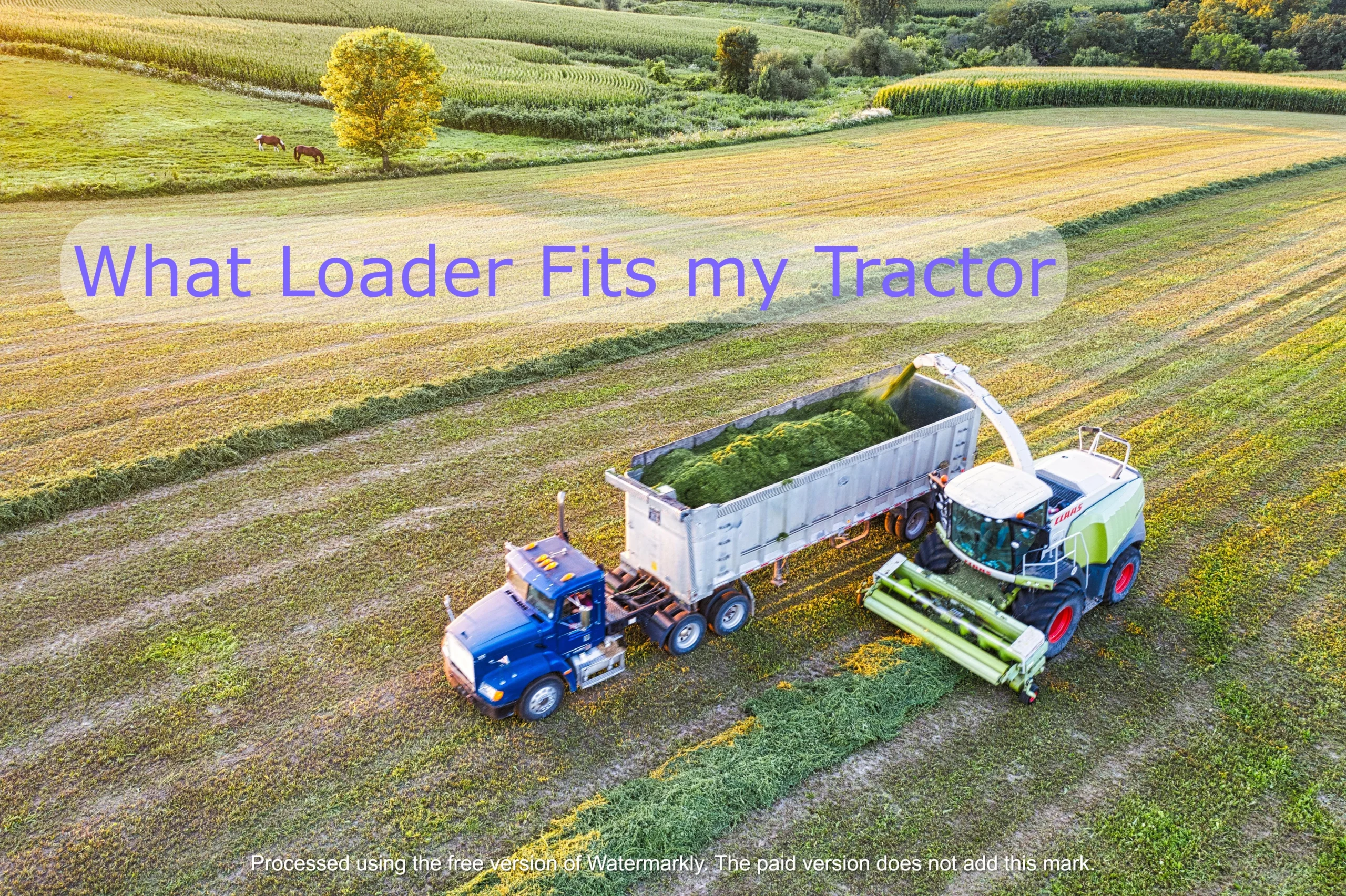To determine the appropriate loader for your tractor, you’ll need to consider factors like the tractor’s make and model, horsepower, and compatibility with different loader attachments. Consulting the tractor’s manual or contacting the manufacturer directly can help you identify the loader that best suits your needs. Additionally, tractor dealerships often provide guidance on selecting the right loader for your specific tractor model.
Introduction
If you’re a farmer, rancher, or contractor in need of a loader for your tractor, it’s crucial to find the right fit. A well-matched loader can significantly enhance your productivity, efficiency, and overall operation. However, with the wide array of tractor models and loader types available, determining the perfect match can be a daunting task. This comprehensive guide aims to simplify the process, providing you with the necessary information to select the loader that seamlessly integrates with your tractor, ensuring optimal performance and longevity.
Understanding Tractor Loaders
Types of Tractor Loaders
Before delving into the specifics of loader-tractor compatibility, it’s essential to understand the different types of tractor loaders available in the market. The most common varieties include:
- Front-end Loaders: These versatile attachments are mounted on the front of the tractor and are designed for a wide range of tasks, such as loading, digging, and material handling.
- Rear Loaders: As the name suggests, rear loaders are attached to the back of the tractor, primarily used for lifting and transporting materials.
- Skid Steer Loaders: These compact and maneuverable machines are not technically tractor loaders but can be used in conjunction with certain tractors for various tasks.

Loader Components and Compatibility Factors
Tractor loaders consist of several components, each playing a crucial role in determining compatibility with your tractor. These components include:
- Loader Arms: The arms are responsible for lifting and lowering the bucket or attachment.
- Loader Bucket: The bucket is the primary tool used for scooping, carrying, and dumping materials.
- Hydraulic System: The hydraulic system powers the loader’s movements and is directly linked to the tractor’s hydraulic capabilities.
- Mounting System: The mounting system secures the loader to the tractor, ensuring a seamless integration and safe operation.
Compatibility factors to consider include the tractor’s horsepower, lift capacity, hydraulic flow rate, and attachment mounting points.
Determining the Right Loader for Your Tractor
Tractor Specifications
To find the perfect loader for your tractor, you must first understand your tractor’s specifications. Key factors to consider include:
- Tractor Model and Year: The make, model, and year of your tractor will help narrow down compatible loader options.
- Horsepower Rating: The tractor’s horsepower rating determines the size and weight of the loader it can handle effectively.
- Hydraulic System Capacity: The hydraulic system’s flow rate and pressure capabilities directly impact the loader’s performance.
- Lift Capacity: The tractor’s lift capacity determines the maximum weight the loader can safely handle.
Loader Specifications and Compatibility Charts
Once you have your tractor’s specifications, you can cross-reference them with loader manufacturers’ compatibility charts or guides. These resources typically provide a comprehensive list of loader models compatible with specific tractor makes, models, and years. Additionally, many manufacturers offer online compatibility tools or calculators to simplify the process.
Consulting with Experts
If you’re still unsure about the best loader for your tractor, don’t hesitate to consult with experts. Dealer representatives, agricultural equipment specialists, or experienced farmers in your area can provide valuable insights and recommendations based on your unique requirements and local conditions.

Installation and Operation Considerations
Proper Installation
Proper installation is crucial for the safe and effective operation of your tractor loader. If you’re not familiar with the installation process, it’s highly recommended to seek professional assistance. Improper installation can lead to serious safety hazards and potentially void any warranties.
Operator Training and Safety
Operating a tractor loader requires specific skills and knowledge. Ensure that all operators are properly trained on the safe use and maintenance of the equipment. Follow all manufacturer guidelines and safety protocols to minimize the risk of accidents or injuries.
Maintenance and Service
Regular maintenance and service are essential for extending the lifespan of your tractor loader and ensuring optimal performance. Follow the manufacturer’s recommended maintenance schedule, and promptly address any issues or repairs to prevent further damage or downtime.
Loader Applications and Attachments
Common Loader Applications
Tractor loaders are versatile tools used in a wide range of applications, including:
- Agricultural Operations: Loading and unloading materials, cleaning barns, moving hay bales, and more.
- Construction and Landscaping: Digging, grading, moving soil, and handling construction materials.
- Snow Removal: Clearing snow from driveways, parking lots, and other areas.
- Forestry: Moving logs, clearing debris, and maintaining trails.

Loader Attachments
To further enhance the functionality of your tractor loader, many manufacturers offer a variety of attachments, such as:
- Pallet Forks: For efficiently moving and stacking palletized materials.
- Grapple Buckets: Ideal for handling logs, brush, and other bulky materials.
- Bale Spears: Designed for effortlessly moving and stacking hay bales.
- Snow Blowers: Powerful attachments for efficient snow removal.
Selecting the Right Attachments
When selecting attachments for your tractor loader, consider the specific tasks you’ll be performing, as well as the weight and size limitations of your equipment. Consult with manufacturers or dealers to ensure compatibility and safe operation.
Cost and Value Considerations
Upfront Costs
The upfront cost of a tractor loader can vary significantly depending on factors such as brand, model, size, and features. It’s essential to establish a realistic budget and consider not only the initial purchase price but also the associated costs of installation, attachments, and any necessary modifications to your tractor.
Ongoing Maintenance and Operating Costs
In addition to the upfront costs, it’s crucial to factor in ongoing maintenance and operating expenses. These can include regular service, repairs, fuel consumption, and the potential need for specialized tools or equipment.
Return on Investment (ROI)
While tractor loaders represent a significant investment, they can also provide substantial returns by increasing productivity, efficiency, and versatility on your property or worksite. Consider the potential time and labor savings, as well as the ability to take on new projects or expand your operations, when evaluating the long-term value of a tractor loader.
Conclusion
Finding the right loader for your tractor is a crucial decision that can significantly impact your operations and profitability. By understanding your tractor’s specifications, researching compatible loader options, consulting with experts, and considering installation, operation, and cost factors, you can make an informed choice that meets your specific needs. Remember, a well-matched tractor loader is an investment that can pay dividends in terms of increased productivity, efficiency, and versatility for years to come.
FAQs
- What is the most important factor to consider when choosing a loader for my tractor? The most crucial factor is ensuring compatibility between your tractor’s specifications (such as horsepower, hydraulic capacity, and lift capacity) and the loader’s requirements. A properly matched loader will ensure optimal performance and safety.
- Can I use a loader designed for a different tractor make or model? While it’s possible to use a loader from a different manufacturer, it’s generally not recommended. Compatibility issues can arise, potentially leading to performance problems, safety risks, and voided warranties. Always consult with experts or refer to compatibility guides before mixing brands.
- How do I know if my tractor has the necessary hydraulic capacity for a particular loader? Consult your tractor’s owner’s manual or specifications to determine its hydraulic flow rate and pressure capabilities. Cross-reference these values with the loader manufacturer’s requirements to ensure compatibility.
- Can I use a larger or heavier loader than the one recommended for my tractor? Using a loader that exceeds your tractor’s capabilities can be extremely dangerous and can lead to stability issues, excessive wear and tear, and potential equipment failure. It’s crucial to follow the manufacturer’s recommendations and operate within your tractor’s specified limits.
- How often should I service or maintain my tractor loader? Follow the manufacturer’s recommended maintenance schedule, which typically includes regular inspections, fluid changes, and component replacements. Proper maintenance is essential for ensuring the longevity and safe operation of your tractor loader.
